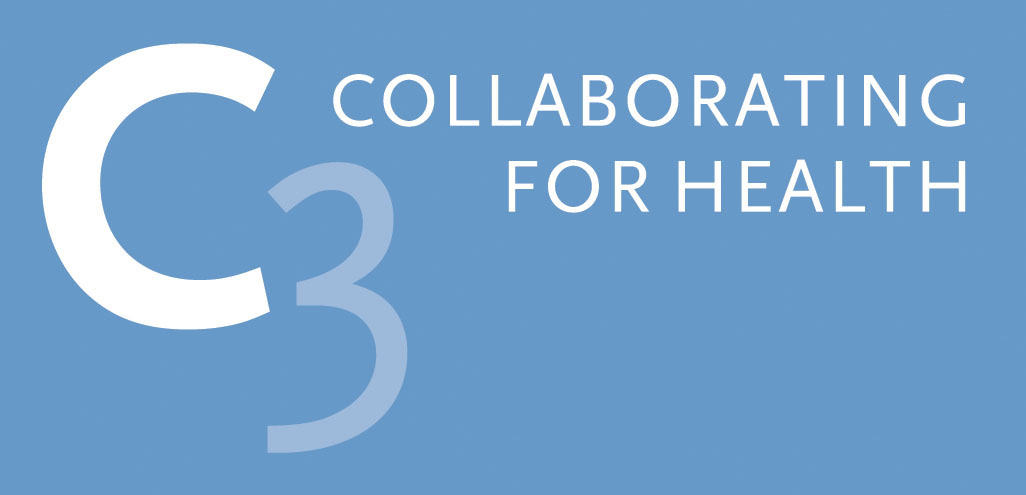Public & global health careers in the post-Covid era
As a global shift in careers and work takes place, largely triggered by COVID-19, many young people are evaluating where they currently are and where they wish to go. This is especially prevalent in the public and global health space where there has been a huge expansion in the availability of, and interest in, jobs related to this field. The interest comes from those already working who are looking to transition into the space from another field, students still in academia or recent graduates looking for their first role. Greg Martin, a Specialist in Public Health Medicine, runs a YouTube channel where he discusses all things global health including advice on public and global health careers. As two interns pursuing said careers, we discuss our main takeaways and reflections from one of Greg Martin’s Q and A videos on public health jobs.
In public and global health roles, experience is vital. It can be direct (related to the field) or indirect (unrelated to the field but of some relevance to the role advertised). One of the positive things about this field is that there is no shortage of places to volunteer and start building up direct experiential knowledge in an area of interest. These are typically unpaid roles but done strategically they act an introduction to future permanent/paid roles, making them mutually beneficial to both organisation and volunteer. Indirect experience can be beneficial too, as it can be used to transfer skills and knowledge between fields, particularly in Media and Communication where technical aspects are usually the same. Public and global health jobs are highly diverse and often ask for a range of skills, thus somebody who has acquired a skillset from previous jobs should always be able to make them transferrable. For those without experience directly relevant public or global health, there is also the option to build up evidence that they have a strong interest in the field through individual background work ‘outside the context of formal employment’. This could be through starting a blog, making a YouTube channel, setting up a small organisation, completing an online course or attending a series of webinars. This is useful for those who are studying or working full time and perhaps do not have the time to apply for and carry out internship or volunteer roles. The key here is that you can demonstrate an interest in the field you want to pursue and talk about it comfortably and passionately during an interview.
To ‘break in’ to the public and global health field, entry-level jobs are often the first port of call. For students entering their first role, skillsets that include a deep technical working knowledge of an area advertised in a role is vital, e.g. knowledge of NCDs. This places a candidate in the position of being able to talk about it comfortably during a job interview. An applicant should demonstrate what they know, what they have learned and what they’ve done previously can directly benefit the role they are applying for. Once you begin to progress through a career in public health, or for those entering the field at a position higher than entry-level, management skills become more essential. It is important to actively notice where you might be using management skills in a first job so you can reference their use as you look for jobs advertising higher positions.
Any careers advisor will agree that even with the advent of technologies that facilitate job-hunting, ‘old fashioned’ networking remains key in securing a job. This is especially the case in public health jobs and those in international organisations (such as the World Health Organisation and the United Nations) where it is widely acknowledged that applying ‘cold’ as an outsider means that there is less likelihood for success as opposed to applying ‘warm’ as an insider. This includes being an intern, volunteer or consultant, essentially somebody who is already known to the organisation. Despite the current massive shift online which can make it challenging to meaningfully engage, it is still possible to network effectively beyond annoying people on LinkedIn. There are multitudes of on-line seminars and events that are facilitating wide access to people and organisations which was not possible pre-COVID. Online events provide opportunities to network just by attending and ‘being in the room’ which often paves the way for more access as more knowledge is gained and more potential contacts become apparent.
Any careers advisor will agree that even with the advent of technologies that facilitate job-hunting, ‘old fashioned’ networking remains key in securing a job.
As more people graduate but do not necessarily take up roles related to their direct area of study during their degree, we now have a situation whereby it is possible for applicants for a role to be incredibly diverse in terms of their educational background (of course with the exception of a few technical roles for example in engineering and medicine). The result is that hiring professionals in the public and global health space tend to require Masters level education in public health jobs. It is advised that this Masters degree is in any relevant health-related subject be it Epidemiology, International Health, Global Health, a Master of Public Health (MPH) and so on. The specific degree title itself does not matter too much, as long as the subject is obviously relevant to the public and global health space. This may exclude those without a health-related Masters who still feel they are appropriate for the advertised role. A solution to this could be to complete the Masters qualification part-time alongside working. Furthermore, some employers may accept a Masters level degree in other less relevant subjects such as economics or politics. If the applicant can demonstrate that their Masters qualification has some relevance to the public and global health space or that they have gained skills during the Masters that are relevant to the role, then this may be acceptable for some applications. While a Masters is the typical benchmark in public and global health roles, a PhD is not typically necessary to work in the field. Of course, there are always exceptions including if it is set as a criteria in a role which tend to be niche areas of specialisation in research. Pursuing a PhD is not for the faint hearted because of the degree of commitment and years required and those who follow this path are typically doing so with the intention of working in academia and/or undertaking research in a specialised area in public or global health that requires this qualification. When thinking about these educational qualifications the important thing to bear in mind is the end goal in terms of where in public or global health you intend to work, and the opportunity cost involved in pursuing a PhD versus seeking work experience after a Masters. This is especially because it is very rare that organisations will count ‘experience’ as the time you spent undertaking your PhD.
The impact of COVID-19 on public and global health jobs will most likely be seen in the increase in roles related to the health protection and pandemic preparedness spaces, including the equitable access to vaccines and medicines
The degree of global disruption and uncertainty caused by the ongoing global health crisis has clearly demonstrated that in the 21st century, health is everyone’s business. With (so far limited!) successful vaccines rollout in some countries, many are now actively predicting what a post-pandemic world looks like in relation to future health crises, preparedness and management and the resulting shift in global and national policies. We are already seeing unprecedented scientific breakthroughs, for example the pace of COVID-19 vaccine development, and medium to long-term, there is high likelihood of further opportunities in innovation which will create more new roles in the field. However, short-term there is also a high likelihood of challenges in terms of absorbing all those who volunteered in public health at the height of the first and second waves of the virus, for example in track and trace. These were mostly people who have lost jobs in other sectors which were badly impacted right from the start of the pandemic and had found temporary roles in public health. The current capacity of available roles cannot absorb all these people immediately, but the positive side is that they have gained both experiential skills in the field and useful transferable skills which is essential to securing a public health role.
The impact of COVID-19 on public and global health jobs will most likely be seen in the increase in roles related to the health protection and pandemic preparedness spaces, including the equitable access to vaccines and medicines. The pandemic may also highlight the spaces where more attention is needed and where roles are still available such as in the non-communicable disease and neglected tropical disease spaces. Either way, the field is more dynamic and innovative than ever, providing plenty of opportunities for public and global health careers.

